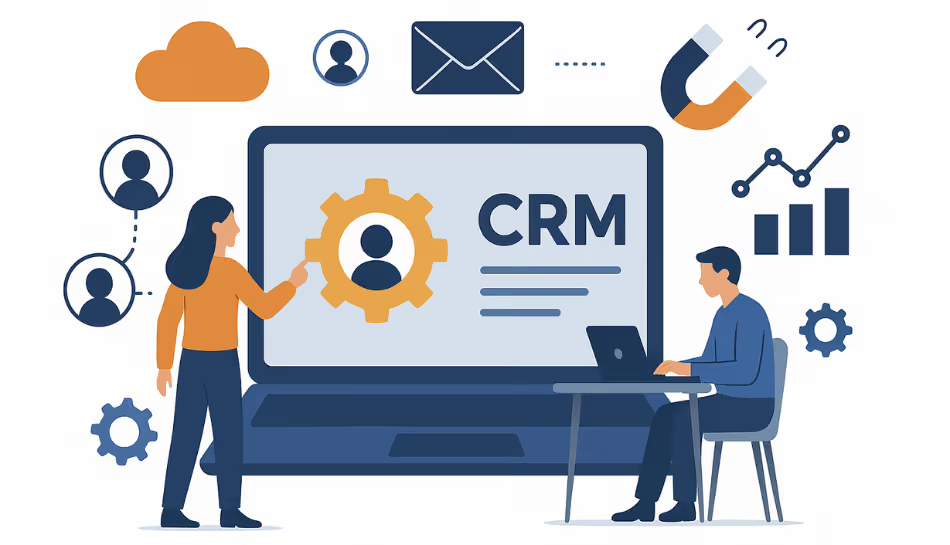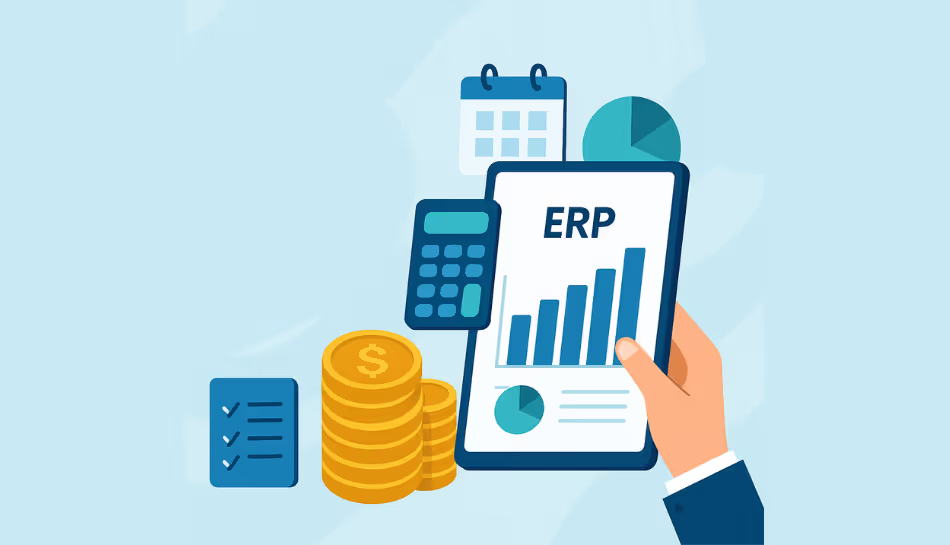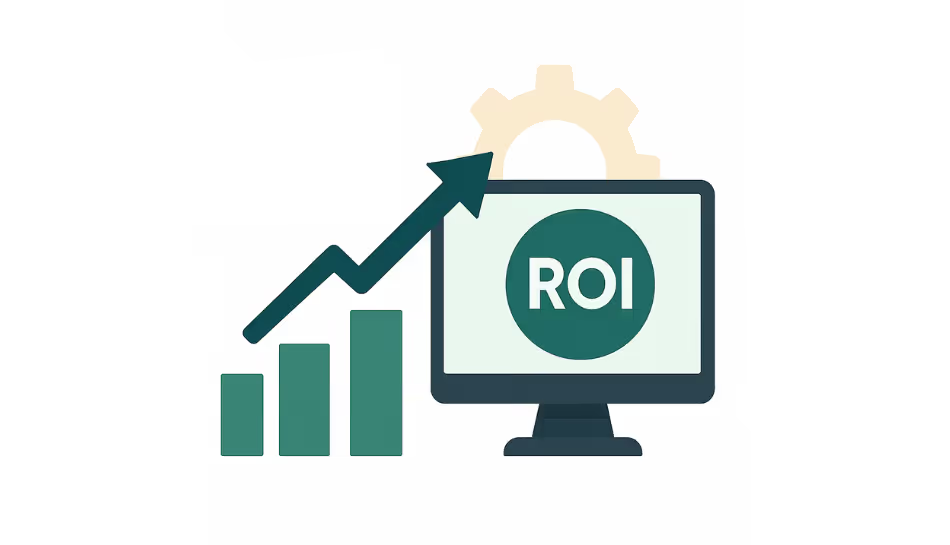In today's competitive market, success isn’t just about selling a product. It’s about building meaningful relationships with your customers, and keeping them coming back. That’s where CRM (Customer Relationship Management) comes in.
Whether you run a small business or a growing enterprise, a CRM system can help you understand your customers better, improve service, boost sales, and grow your brand loyalty, all from one place.
What is CRM?
CRM stands for Customer Relationship Management. It refers to both the strategy and the technology used to manage your company’s interactions with current and potential customers.
At its core, CRM software helps you:
- Store and organize customer contact details
- Track communications and sales history
- Set reminders for follow-ups and tasks
- Monitor marketing campaigns and performance
- Understand customer behavior and preferences
Think of it as a digital diary for every customer relationship, smart, searchable, and shared across your team.
Why is CRM Important?
Customers today expect fast, personalized, and consistent communication. Whether it’s through email, WhatsApp, social media, or a website chat, your response matters.
A good CRM system helps you:
- Never miss a lead or follow-up
- Understand what customers want and when
- Make smarter decisions based on real data
- Offer better service that builds loyalty
- Increase conversions and repeat business
In short, it helps you turn more contacts into customers, and more customers into fans.
Key Features of a CRM System
1. Contact Management
Store names, emails, phone numbers, birthdays, preferences, and notes in one place. Segment them by industry, region, or status.
2. Lead Tracking
Track every interaction, from first inquiry to final sale. See where each lead is in the sales funnel and assign tasks to team members accordingly.
3. Email & Communication Tools
Send personalized emails, create automated campaigns, and track who opened, clicked, or replied.
4. Sales Forecasting & Analytics
Understand which products are selling, who your top customers are, and where your team should focus next.
5. Integration with Other Tools
CRMs can link to your website, accounting software, marketing tools, and more, giving you a complete picture of each customer.
Types of CRM Systems
There are different types of CRMs for different needs:
- Operational CRM: Helps automate sales, marketing, and customer service. Ideal for day-to-day use.
- Analytical CRM: Focuses on reporting, data mining, and business intelligence. Great for strategic decisions.
- Collaborative CRM: Connects various departments (sales, support, marketing) to improve teamwork and communication.
Some tools combine all three into one powerful platform.
Who Should Use a CRM?
If you:
- Handle dozens (or hundreds) of customer interactions
- Run a service-based business or e-commerce store
- Use sales pipelines or multiple sales reps
- Want to grow faster and smarter
…then customer relationship management system for small business is definitely worth considering. Even solopreneurs and small startups benefit from having a system in place early.
Examples of Popular CRM Tools
- Zoho CRM: Great for small to mid-sized businesses
- Salesforce: Enterprise-level CRM with powerful features
- Salesforce: Enterprise-level CRM with powerful features
- Bigsun CRM: Tailored for Indian businesses with custom modules and local support
Final Thoughts
In 2025, having a CRM isn’t just “nice to have”, it’s a must-have for businesses that care about customer experience. As competition rises and customer loyalty becomes harder to win, managing relationships the smart way becomes key. A CRM helps you stay organized, responsive, and customer-focused… all of which lead to stronger business growth.



